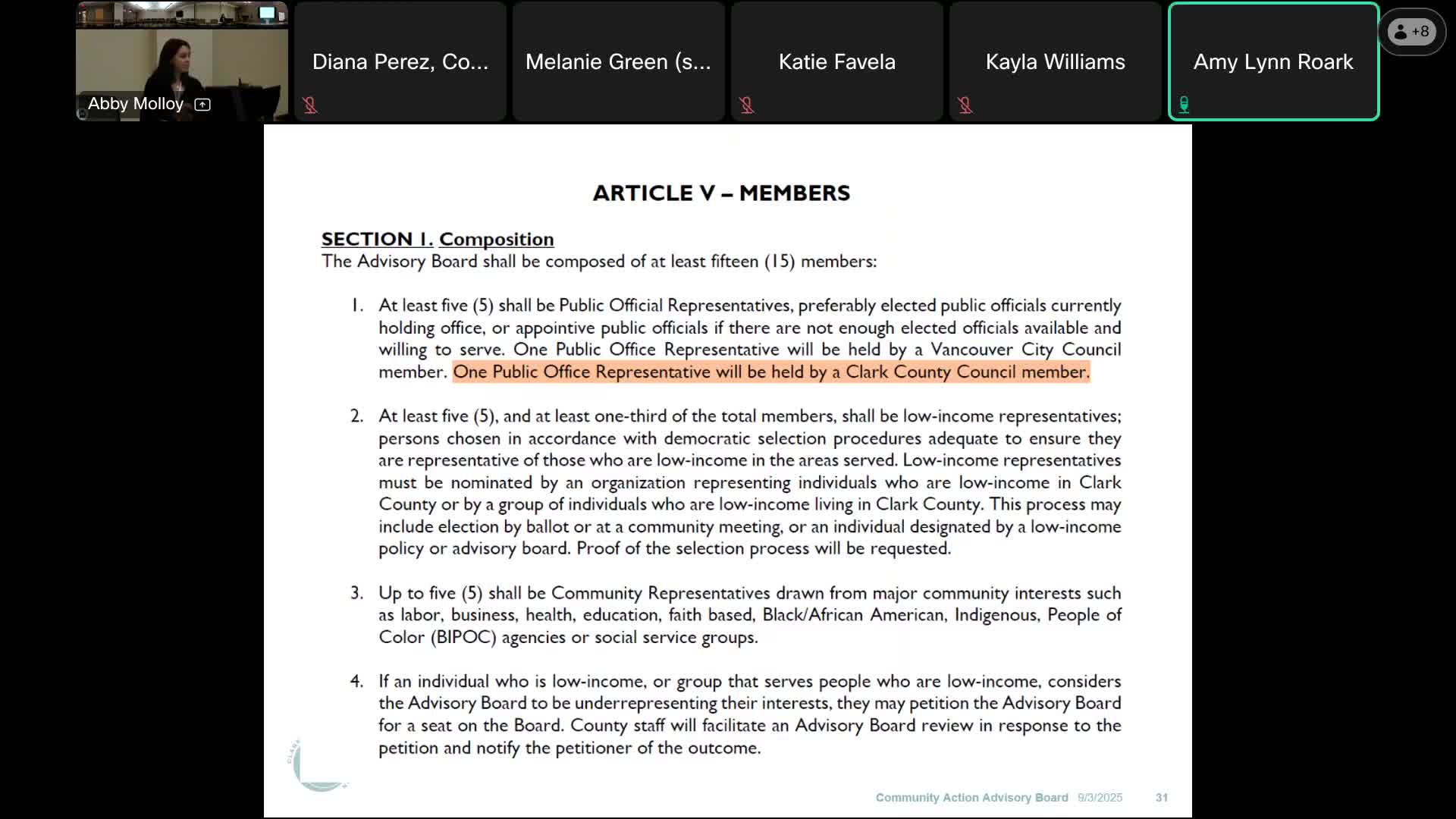Article not found
This article is no longer available. But don't worry—we've gathered other articles that discuss the same topic.
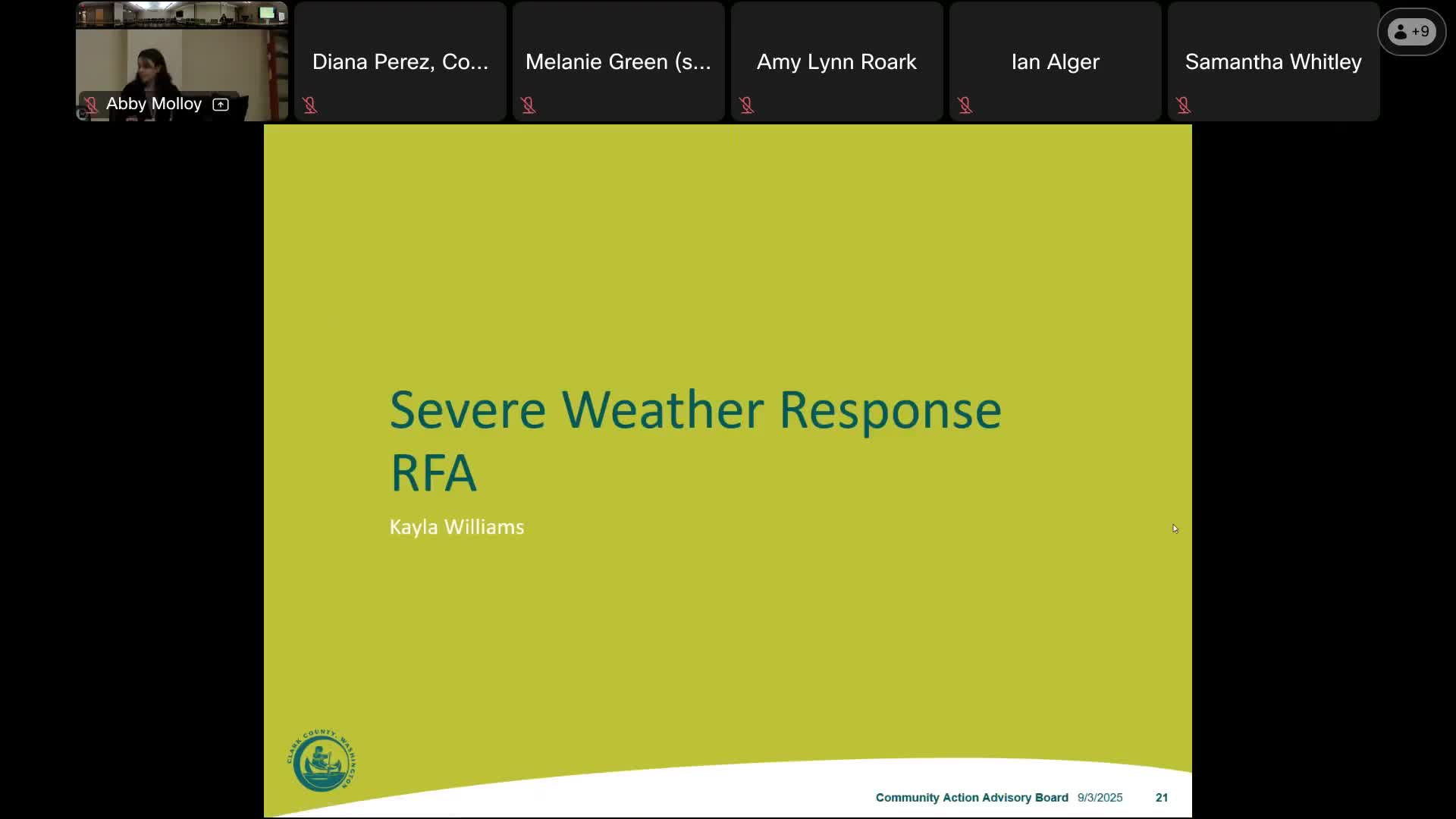
Clark County issues severe-weather RFA to expand winter shelter, staffing and outreach capacity; scoring committee recruitment underway
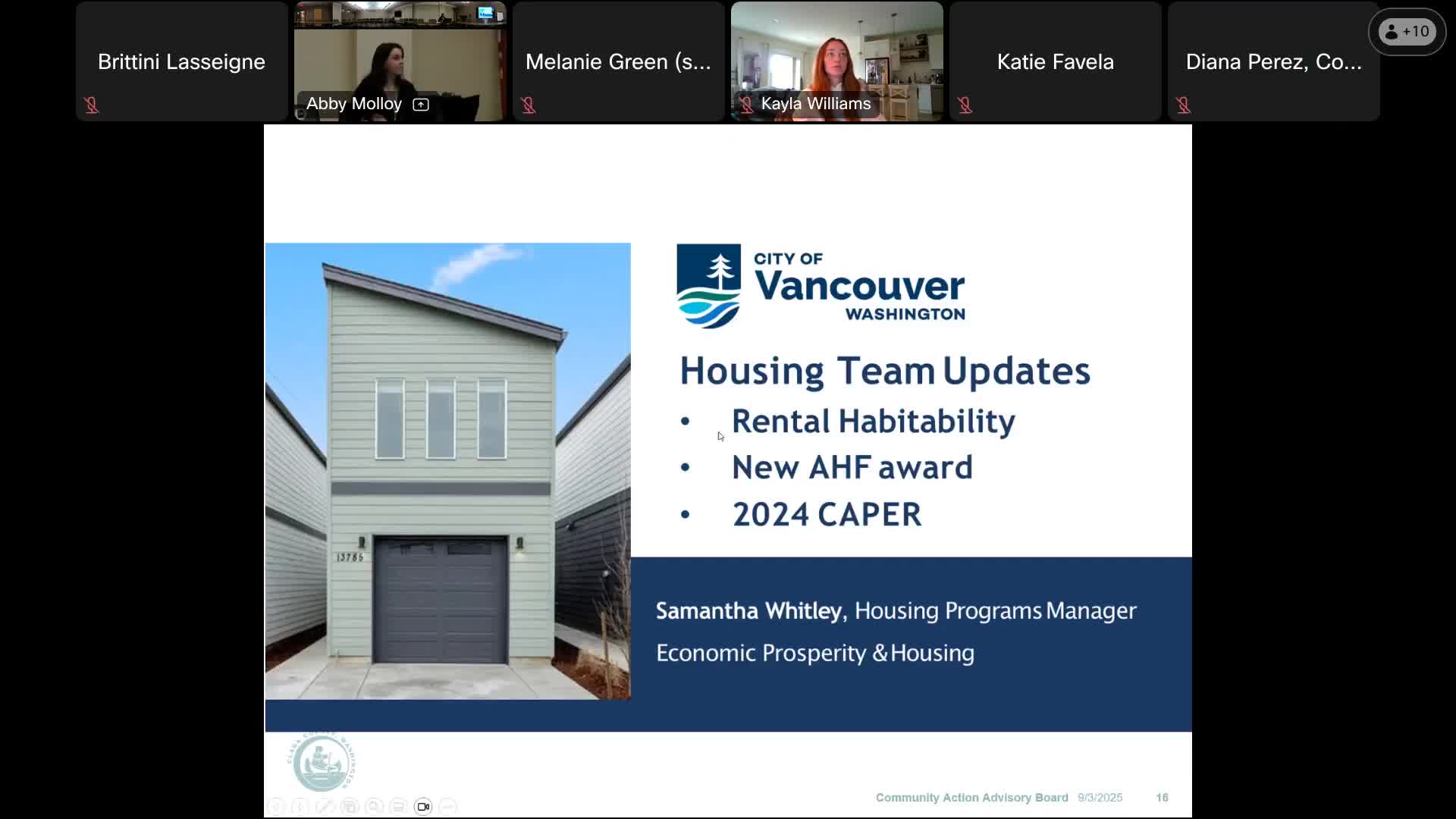
Vancouver updates: rental-habitability registration, $500,000 AHF homeownership award to Habitat for Humanity, CAPER highlights
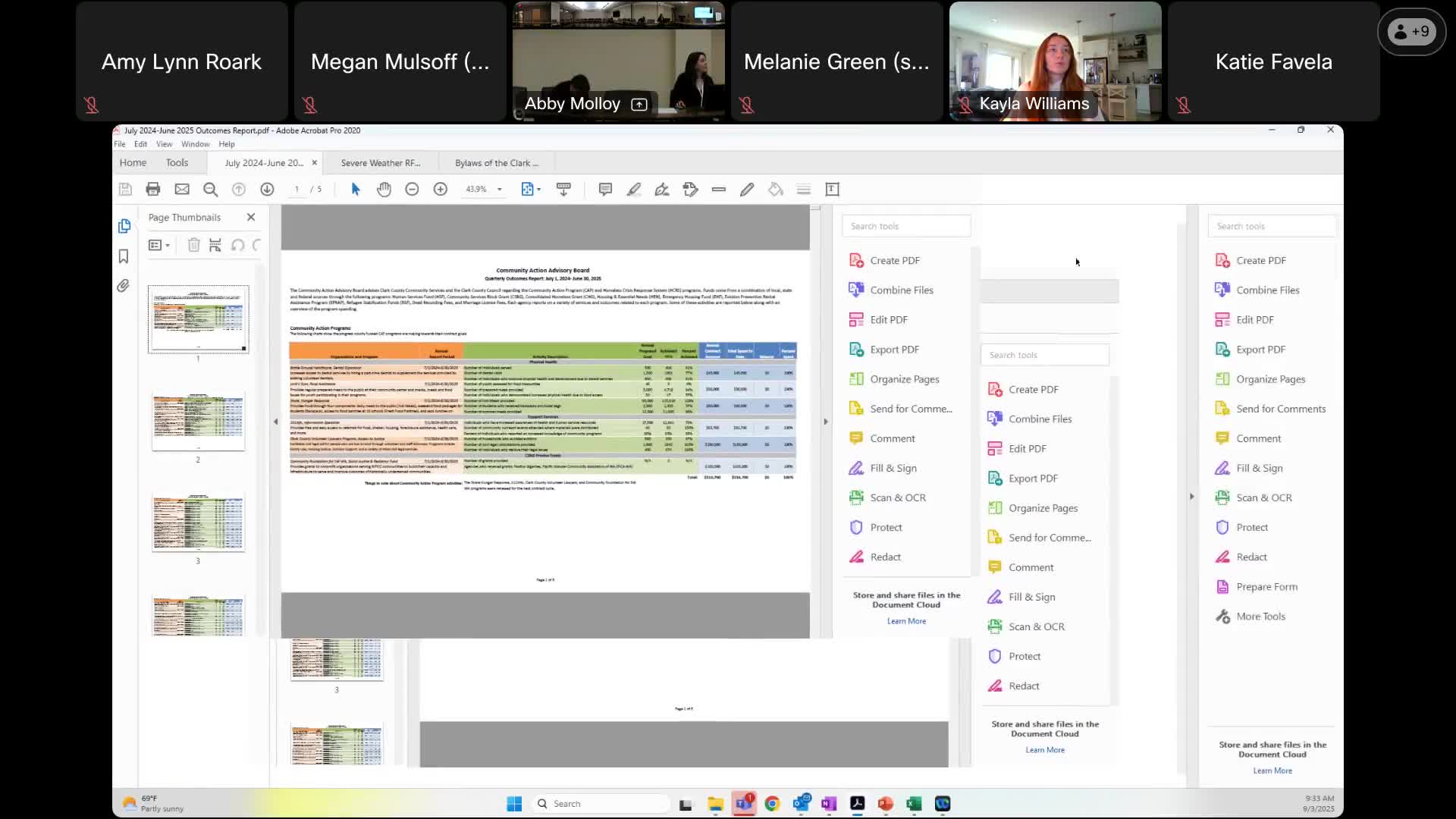
Clark County FY2025 outcomes report: $2.7M distributed; volunteer contributions and grievances summarized
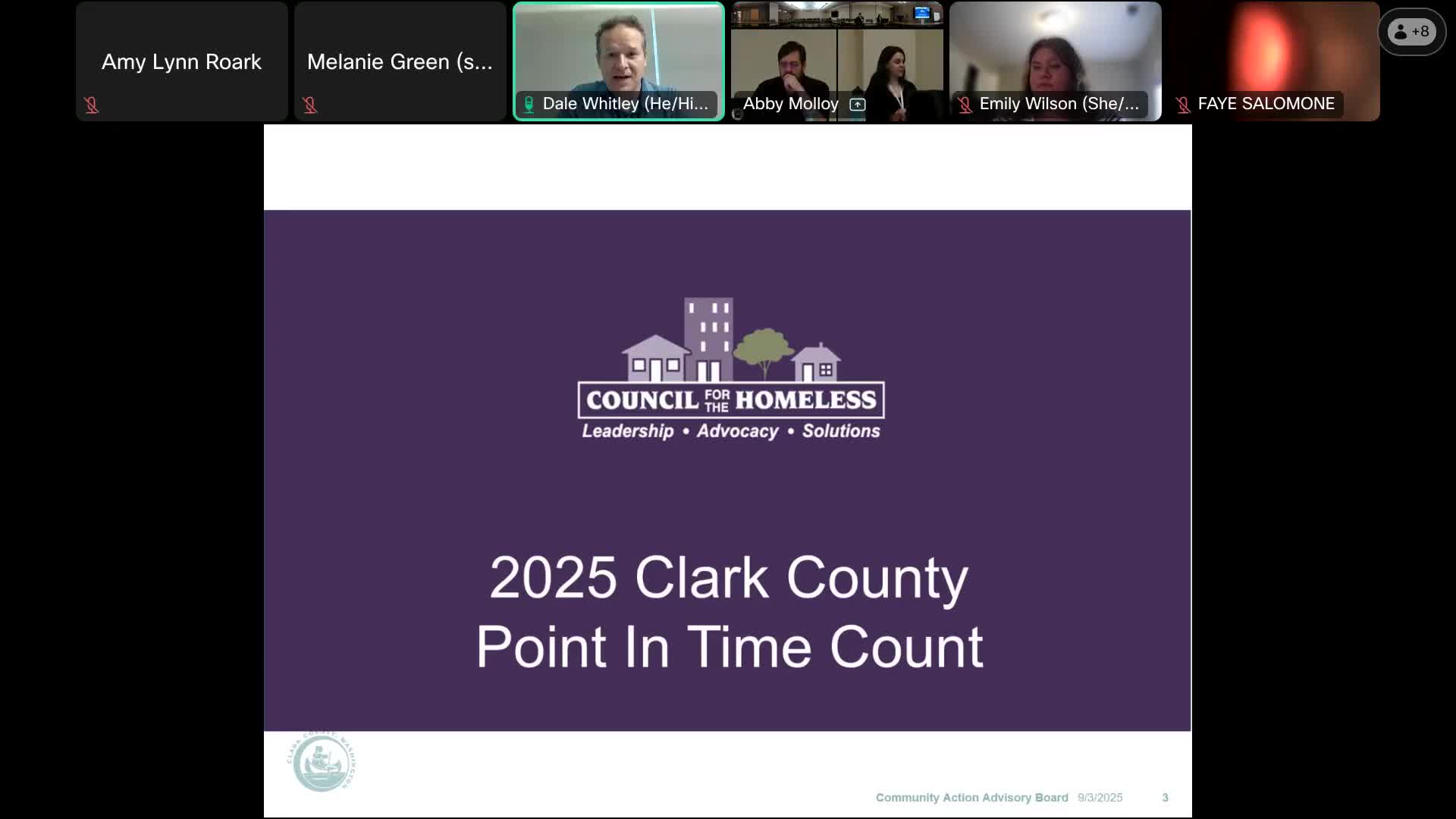
Point-in-time count: Clark County recorded 1,530 people experiencing homelessness on Jan. 30; unsheltered numbers rose 11%
